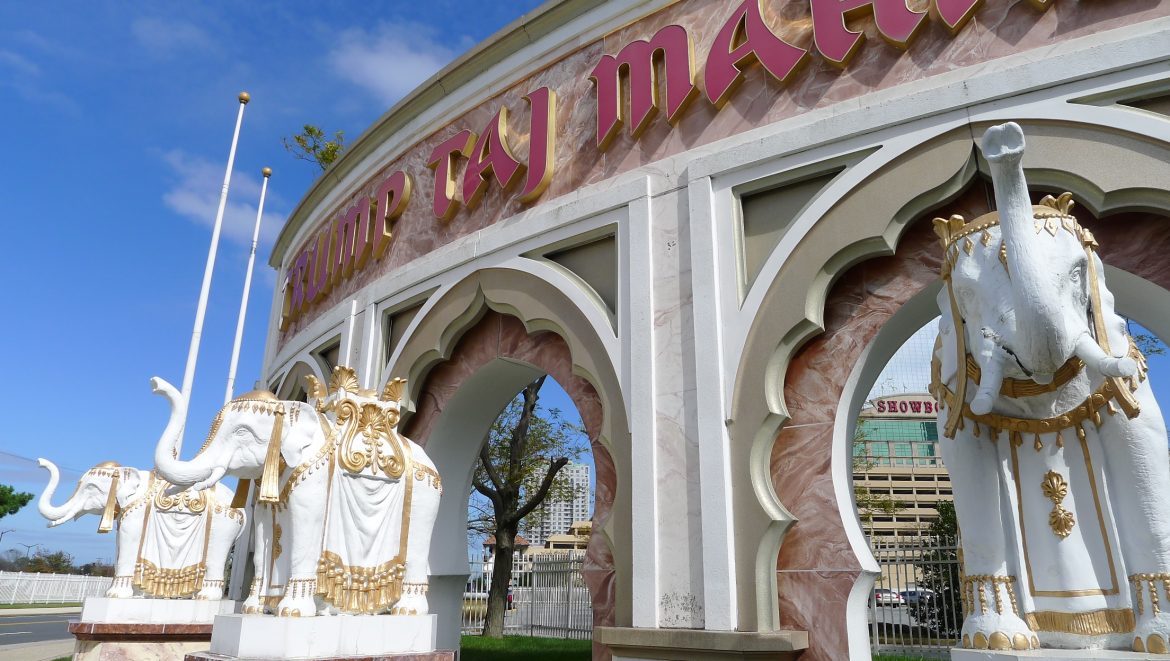Atlantic City casino properties have closed, but the resort city’s biggest industry paid more into state coffers last year as its revenue increased.
New Jersey’s tax revenue from the casino industry increased last year, as online gaming helped reverse a 10-year slump in casino taxes.
Casinos paid the state $210.4 million in taxes and fees in the last fiscal year (July 2015-June 2016), up slightly from $206 million in the previous 12-month period, according to a Division of Gaming Enforcement (DGE) report published last month.
The tax turnaround is a thin silver lining for New Jersey, which has seen its casino tax revenue eroded by more than two thirds from $500 million in 2006. Signs that Atlantic City’s main industry might be stabilizing after a 10-year freefall will also be scant consolation to the beachside town’s taxpayers, now facing a state takeover of the city’s finances that has already raised homeowners’ taxes after NJ legislators cut casinos a sweetheart property tax deal earlier in the year.
Although online gaming is just a fraction of total casino revenue, it helped lead the turnaround for the fiscal year 2016, according to data recorded by the DGE. Total revenue from online gaming licensees Resorts Digital and Caesars Interactive Entertainment NJ rose 70 percent in the 12 months through July 2016, compared with the year earlier period, while total revenue from the physical casino properties in Atlantic City (some of which also offer online gaming) dipped slightly in that time frame.
The other casinos that offer online gaming – Borgata, Tropicana and Golden Nugget – were also among the better-performing casinos over that same time period. Those casinos likely got a boost from their online gaming operations, since although the total revenue figures include revenue from hotel rooms, parking, entertainment and food and beverages, Atlantic City’s casinos make the bulk of their revenue from gaming.
Any pickup in online gaming is even more of a boon for the state than it is for the casinos, since it is taxed at 15 percent, while casino gross revenue is taxed at 8 percent.
The DGE’s report shows that total casino tax revenue and revenue from the progressive slot tax increased in the 2016 fiscal year, while hotel and parking fees dipped from the previous fiscal year. That is likely a sign the overall Atlantic City resort industry remains weak, even as online gaming has helped bolster the casino industry.
The DGE’s data includes revenue from the Trump Taj Mahal, which closed this fall after a protracted labor dispute. Five Atlantic City casinos have closed since 2014.
An effort to expand New Jersey’s casino industry into the north of the state as a way of boosting the state’s tax revenue from the sector was voted down by voters in November. South Jersey politicians said the move would take jobs away from Atlantic City, although the ‘No North Jersey Casinos’ campaign was mostly funded by New York casinos (some of Atlantic City’s casino companies already have outposts or interests in markets within easy traveling distance of the beach resort town).
